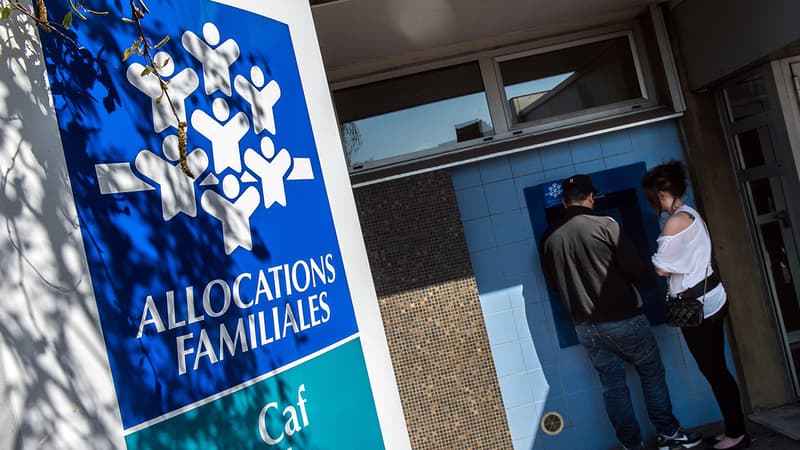In a decade, the difficulties encountered by users in their administrative procedures, many of them online, have seriously increased, pushing some to renounce their rights, especially among people who consider themselves discriminated against, notes the Rights Defender (DDD) in a survey published on Monday, October 13.
The survey on access to rights, which repeats that of 2016 and is dedicated to the relationships of users with public services, highlights that almost two thirds of users encounter difficulties in carrying out their procedures and that almost a quarter refuse to request a right that corresponds to them.
61% of them indicate having encountered difficulties in their administrative procedures, compared to only 39% eight years ago. And more than four in ten users say they have had problems, a slight decrease in eight years (42% in 2024, 54% in 2016).
“Dehumanization of public services”
According to the report of the Senate information mission on access to public services presented in mid-September, 82% of administrative procedures are carried out online each year.
The Senate speakers warned in particular about the “dehumanization of public services”, the “relational precariousness” (absence of human contact) and the “persistent fractures” in digital access that arise from this.
And according to the digital barometer 2025, 73% of French people carried out an administrative procedure online in 2024 (compared to 67% in 2021 and only 33% in 2011).
In 2018, the Little Brothers of the Poor were already alarmed by dematerialization with a study indicating that 4 million people aged 60 or older never used the Internet, most of them over 80 years old and people with incomes of less than 1,000 euros.
Double punishment for the most disadvantaged people
The DDD mentions that 59% of people between 55 and 79 years old say they have encountered difficulties in 2024, compared to 30% in 2016. However, it highlights a massive increase in procedural difficulties among all profiles of respondents, including those who were previously less concerned, such as people with a master’s level and above (58% in 2024, compared to 33% in 2016).
But it also notes that certain groups are affected more frequently, such as people in financial difficulties (69%, up from 44% in 2016), the unemployed (62% in 2024), workers and employees (62%), people with disabilities (68%).
And only 49% of them manage to carry out their procedures alone, highlighting “the determining role of personal skills and resources – ease of carrying out administrative procedures, mastery of digital technology, possibility of being helped by family members – in the process of administrative procedures, but also in the successful completion of procedures in case of problems.”
The scourge of lack of resources
When faced with a difficulty, 88% contact the administration mainly by telephone (55%), but also on site (33%), which demonstrates a willingness to avoid digital technology in the event of this problem, underlines the DDD.
Finally, the survey highlights that 23% of users give up requesting a right that corresponds to them, due to the difficulties encountered during their procedures, the lack of follow-up in case of a problem and discrimination.
Indeed, 21% of the population declares that they have suffered discrimination in relations with administrations or public services, such as people experiencing economic difficulties (29%), people perceived as black, Arab or North African (38%). And it is 50% of these people who say they have been discriminated against who give up taking steps, compared to 20% of those who have not experienced it.
According to INSEE, in 2022, the most problematic procedures are those for access to social rights (family allowances, RSA, scholarships, activity bonuses, recognition of a disability), and 56% of households indicate having experienced at least one difficulty in the process.
The DDD survey was conducted among 5,030 people aged 18 to 79, between October 2024 and January 2025.
Source: BFM TV


